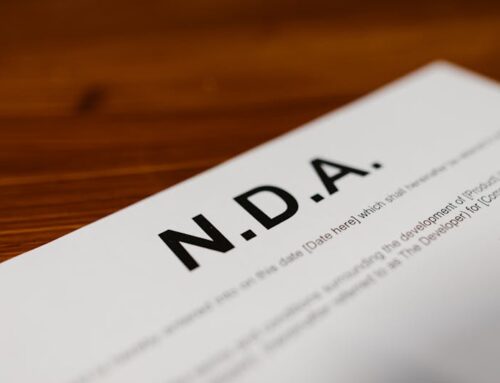The economy is giving plenty of mixed signals about what the next year or so will look like, so it’s not surprising that business owners are reconsidering their plans for their business and their timeline for selling. We know plenty of business owners whose timeline is always “in about five years.” (Some of them have been saying it for at least the last 15 years.)
But if you’ve been thinking about selling your business within the next 18 – 24 months, you might be wondering about whether it’s better to wait or pull the trigger now. Here are some factors that might affect your decision to sell and your ability to get top price for your company.
The cost of money. The Federal Reserve just approved its third interest-rate rise of 0.75 percentage points and signaled more to come as they try to manage inflation. The Fed has set their benchmark rate to a range between 3% and 3.25%, a level last seen in early 2008.
Rising interest rates don’t have much impact on deals with private equity firms and buyers with deep pockets. But they do change the dynamics for individual buyers and those leaving corporate jobs for entrepreneurship. Higher interest rates make debt service more expensive, which will cut into the profitability a new owner can expect to see. If your company’s margins are already narrow, buyers might view the deal as riskier and therefore less attractive. Your pool of buyers may be smaller until borrowers can expect for more favorable rates. Buyers will also want to lower their offers or ask you to hold a bigger note on the sale to make the deal more affordable.
The potential for recession. Technically, by definition, we’re already in a recession, since the economy has been shrinking for two consecutive quarters. This is certainly not the deep recession of 2008 – 2009, when almost every industry took a significant hit and bankers stopped almost all lending.
A recession changes the way everyone makes decisions about spending. Even though climate control is a necessity for every home and business, both companies and families will be more conservative with their money when they’re worried about the economy. Rising interest rates means that financing equipment costs more, so customers will be more likely to choose cheaper units or ones with lower SEER ratings. As money gets tighter, and inflation eats up more of their essential budget, they’ll choose repair over replacement and hold off on non-essential repairs and signing maintenance contracts.
Remember that the value of your company is based on Seller Discretionary Income, your bottom line over the past couple of years. A decline in your revenue affects the price buyers are willing to pay for your company. Even after a recession ends, you’ll need to have several quarters of documented recovery and growing sales before you can attract serious buyers, so you may be staying in your business longer than you planned.
Your personal circumstances. We say it all the time: the decision of whether and when to sell is a very personal one. There’s no way to predict what the market for your business will look like a couple of years from now. You’ll need to make your decision to retire or move on based on what matters to you and what feels like the right time for you and your family.
The best time to make a big decision about something like selling your company is before you have to. Rising costs, declining health, or other changes in your life may force you to make a move when the market is weak or the number of potential buyers is limited.
Is the window closing? Not necessarily. We’re still seeing interested buyers and deals getting done. No one can predict what the market and the industry will look like in a couple of years. But if your selling timeline is sooner rather than later, an experienced business broker can help you optimize your company’s value and find buyers who have the resources and motivation to make decisions, even in these uncertain times.
About the author: Patrick Lange
Patrick Lange is an experienced HVAC-specific business broker with Business Modification Group based in Horseshoe Beach, Florida. He has a unique background in financial planning and has even owned an HVAC business himself. This makes him well suited to working with some of the most successful HVAC business owners in the country. Specializing in companies with 1-10 million dollars in revenue, he maintains a network of buyers and sellers in the industry. He has sold more HVAC businesses than any other broker in the United States over the last three years and is currently the President of the Business Brokers of Florida (North Florida District.)








Leave A Comment
You must be logged in to post a comment.